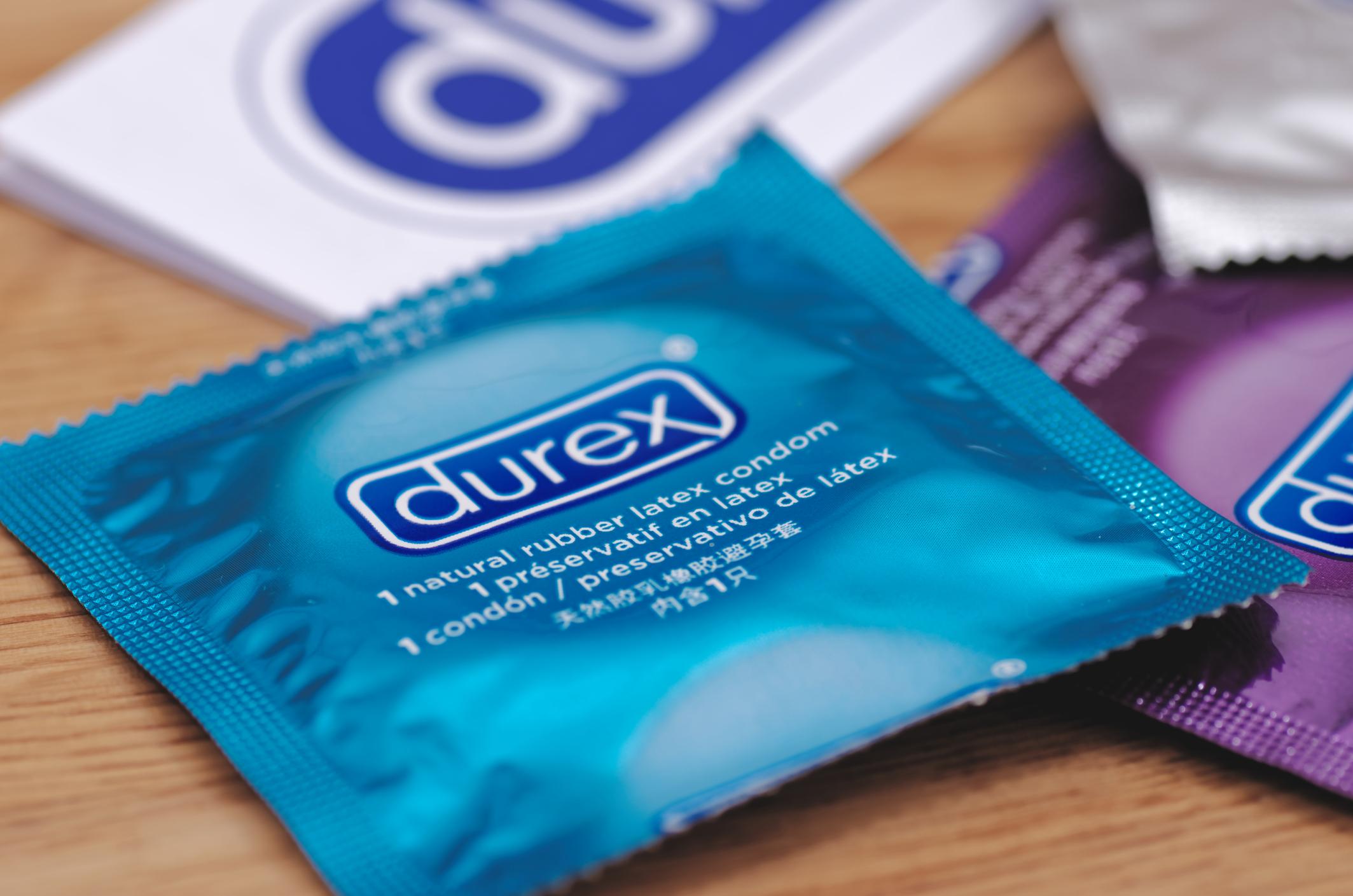Condom sales down due to ‘fewer people having sex’ in lockdown, says Durex
‘What you see is this virus is having a toll on the number of intimate occasions in the UK,’ says Laxman Narasimhan

Your support helps us to tell the story
From reproductive rights to climate change to Big Tech, The Independent is on the ground when the story is developing. Whether it's investigating the financials of Elon Musk's pro-Trump PAC or producing our latest documentary, 'The A Word', which shines a light on the American women fighting for reproductive rights, we know how important it is to parse out the facts from the messaging.
At such a critical moment in US history, we need reporters on the ground. Your donation allows us to keep sending journalists to speak to both sides of the story.
The Independent is trusted by Americans across the entire political spectrum. And unlike many other quality news outlets, we choose not to lock Americans out of our reporting and analysis with paywalls. We believe quality journalism should be available to everyone, paid for by those who can afford it.
Your support makes all the difference.Fewer people having sex during lockdown has resulted in falling condoms sales, the maker of Durex has said.
Laxman Narasimhan, chief of executive of Reckitt Benckiser – a British household goods company that bought Durex in 2010 – said sales had dropped because social distancing is affecting “intimate occasions”.
People in the UK are having sex “significantly” less sex than before lockdown was introduced last month, said Narasimhan. In Italy, the number of people having intercourse had “gone down a lot”.
Condom sales have been rising in China where lockdowns are now being lifted.
“What you see is this virus is having a toll on the number of intimate occasions in the UK,” said Narasimhan.
Increased anxiety had also led to less sex between established couples, according to Narasimhan.
On 23 March, Prime Minister Johnson announced a nation-wide lockdown, with couples later being asked to either move in with each other or commit to quaratining themselves separately.
Speaking at the daily press conference on March 24, Jenny Harries, the deputy chief medical officer, said: “If the two halves of a couple are currently in separate households, ideally they should stay in those households.
“The alternative might be that, for quite a significant period going forwards, they should test the strength of their relationship and decide whether one wishes to be permanently resident in another household.”
She added: “So perhaps, test really carefully your strength of feeling, stay with the household, either together or apart, but keep it that way while we go forward, because otherwise we will not all be working towards achieving our outcome.”
Matt Hancock, the health secretary, added: “There you go. Make your choice and stick with it.”
Reckitt Benckiser, which makes other products such as disinfectants and cough syrups, said it expects sales to bounce back once lockdown has finished.
Bookmakers have predicted there will be a coronavirus baby boom in 2021 as quarantine prompts more established to try conceiving a baby.
But some experts have poured cold water on this suggestion, pointing to evidence that shows the opposite is true after pandemics.
Join our commenting forum
Join thought-provoking conversations, follow other Independent readers and see their replies
Comments